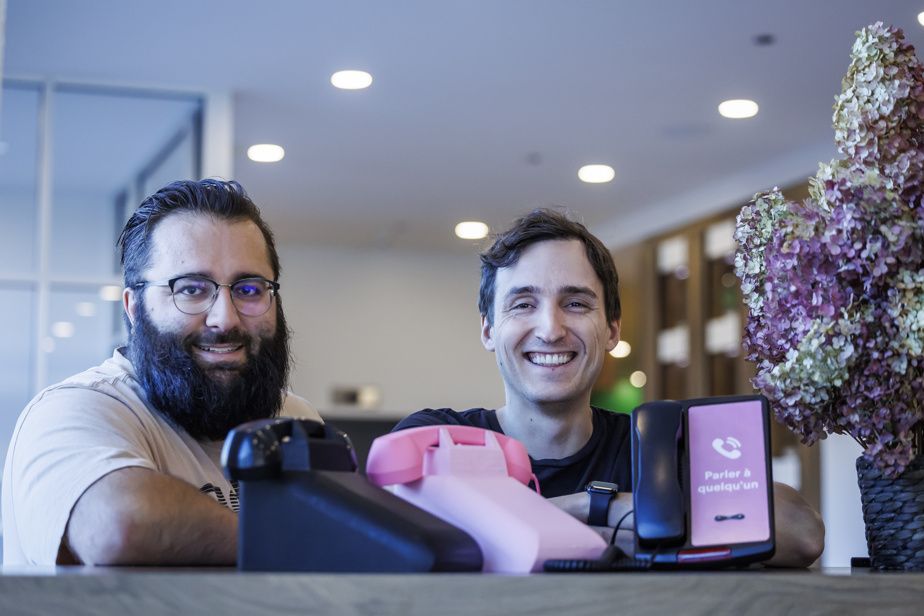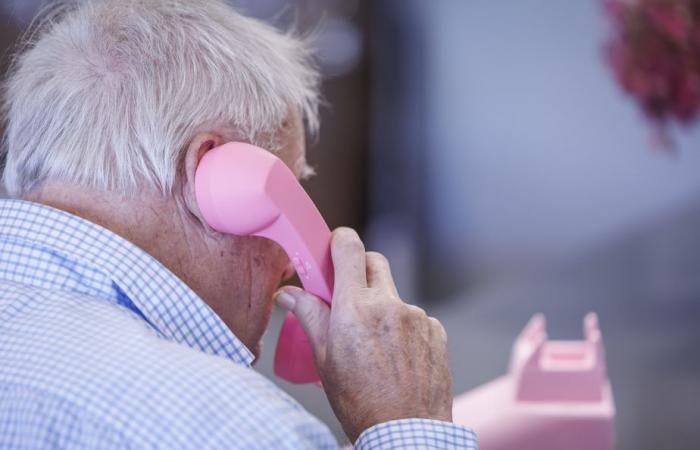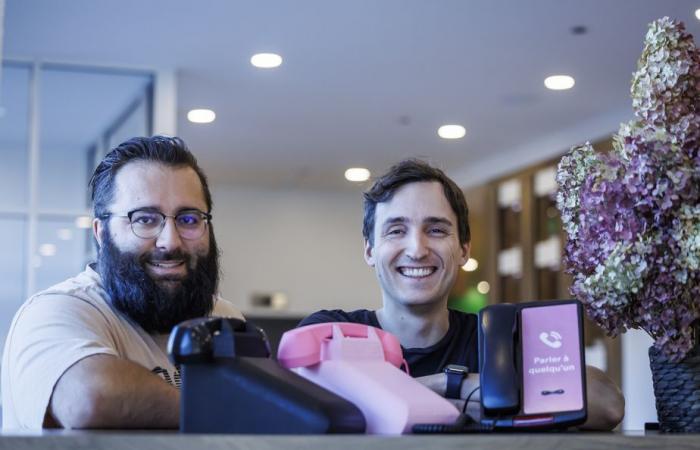The good news continues for Amical. In the same week, the young start-up from Quebec learned that it will be incubated at the Accelerator for the Creation of Technological Enterprises (ACET) and made its first sale. It must be said that the companion developed to break the loneliness of seniors with Alzheimer’s has proven itself.
Posted at 1:38 a.m.
Updated at 9:00 a.m.
Julie Chaumont
Special collaboration
“Are you leaving already?” You have just arrived! » Tony Aubé’s grandmother, who had Alzheimer’s, even though she received a lot of visits, she mentioned having the impression of always being alone. The memory loss caused by the illness made her forget the duration and frequency of visits, leaving her in great solitude. This is what gave Mr. Aubé the idea of developing a companion who would be present all the time. “With artificial intelligence, this is something that is possible today,” mentions the new entrepreneur.
When he wondered what object he could integrate a conversational robot into, Tony Aubé had the brilliant idea of a traditional telephone.
In my opinion, there are a lot of people wasting time with robots. Robots are expensive and complicated, and elderly people with Alzheimer’s have never seen this in their lives. If you show up with a robot in front of them, they won’t know how to use it.
Tony Aubé, co-founder of Amical
“Also, even if you make a mobile application, I would tell you that 50% to 70% of the patients who have done the tests with, you show them an iPhone and they do not recognize the object or, if they recognize it and know it’s a phone, they don’t know how to use it. »
From idea to incubation
Technologies and artificial intelligence hold few secrets for Tony Aubé, who has notably worked in Silicon Valley, but anything related to the field of health is less his cup of tea. “I went looking for resources, such as RASDQ – the Action Network for Sustainable Health of Quebec – and MedTech, which is an organization supporting new health technology companies, and they suggested incubators to me like ACET,” he says.

PHOTO PASCAL RATTHÉ, SPECIAL COLLABORATION
François-Xavier Raté and Tony Aubé, co-founders of Amical
He also teamed up with François-Xavier Raté, a friend who has experience in entrepreneurship. “We complement each other really well. I’m more at the product development and marketing level. He is more at the company operations and sales level. »
If the young company has decided to apply to be incubated at ACET, it is because it believes that this will help it to propel itself, in addition to avoiding certain mistakes.
Having entrepreneurs who have seen a lot go through, who have a lot of experience and a little wisdom, let’s say, to supervise us, I think that puts all the chances on our side.
Tony Aubé, co-founder of Amical
Tony Aubé also highlights the fact that ACET is associated with the University of Sherbrooke, which could give it access to the departments of medicine and geriatrics, thus allowing it to surround itself with experts who are familiar with the different facets of Alzheimer’s disease.
Towards a finished product
Friendly’s companion is still in development. “We make a prototype, we bring it in front of people who have Alzheimer’s – we have a partnership with Humanitae, in Quebec, which is a very innovative care home in the field of elder care – we do tests with them, we test the product. It works well. The feedback, both from patients and caregivers, is very, very, very positive, which encourages the project. Based on feedback, we make a lot of improvements. And eventually, we will create the final product with all the improvements and we will try to sell it. »
In addition to residences for the elderly, the young growth has the ambition to sell directly to consumers. “We want to make a final product which will be a phone that we will manufacture and that we will see, for example, on Amazon and on Best Buy. » Optimistic, Tony Aubé believes he can achieve this objective within a year.








